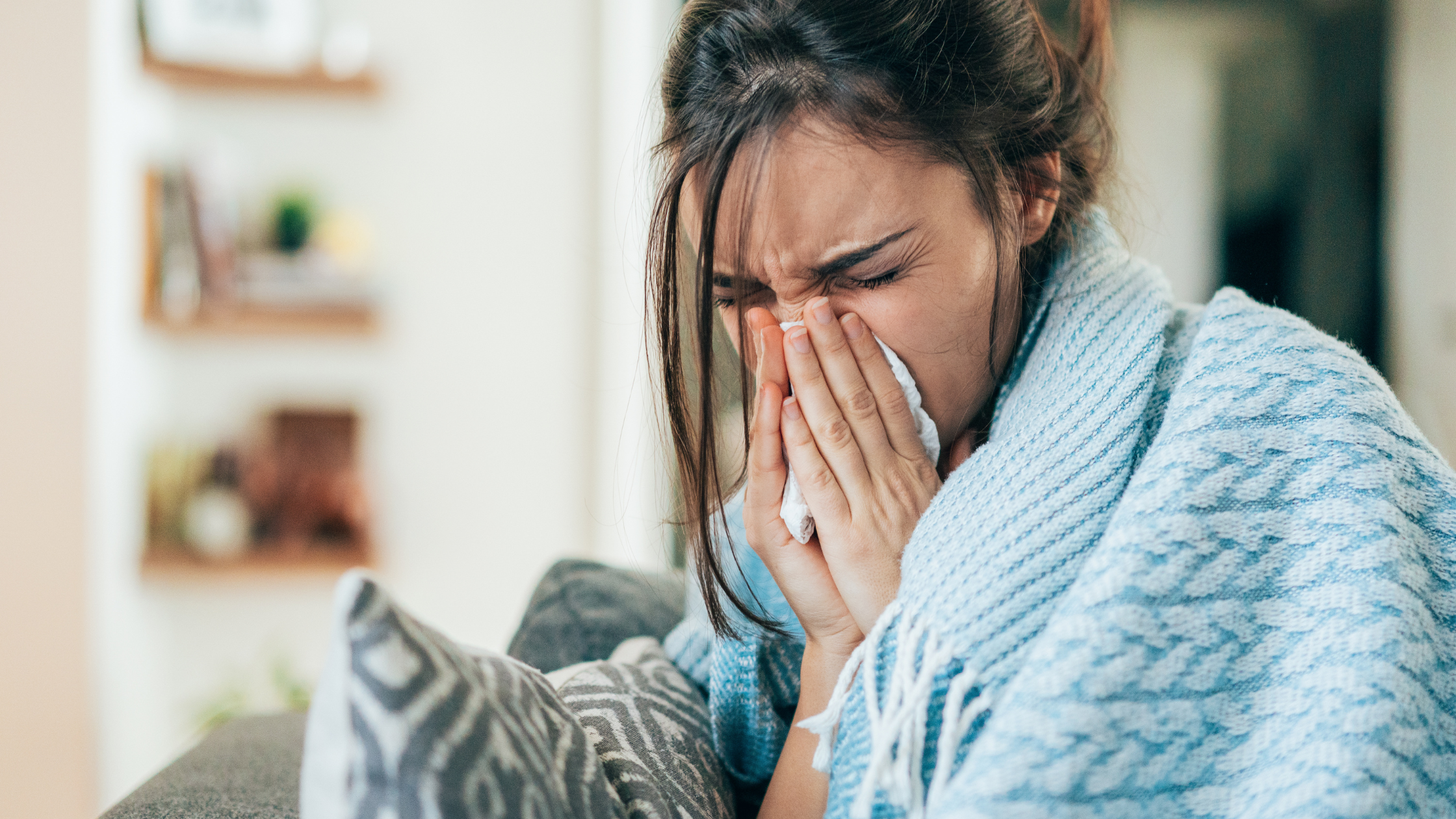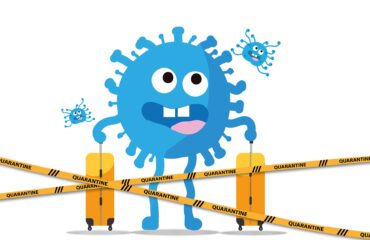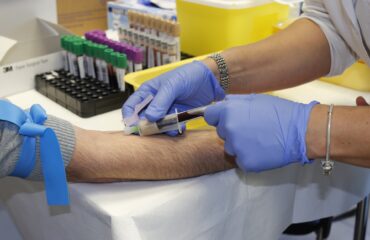Autumn has arrived, and the cold and flu season will ramp back up along with it. Getting sick can feel like a waste of time, as we must take time off work, pull kids from school, and cancel fun activities. While the average adult obtains two to three colds a year, with children at a higher rate, there are steps you can take to reduce your likelihood of getting sick. To prevent you and your family from getting sick this fall and winter, we recommend incorporating the following tips and tricks into your routine.
1. Wash Your Hands Often
You never know when someone who is sick or carrying an illness touches something you then touch. To prevent spreading germs to yourself and others, we recommend frequently washing your hands with warm water and soap.
2. Avoid Touching Your Face
When you are out and about, like at the grocery store, try to avoid touching your face; your nose, mouth, and eyes are particularly vulnerable to germs. Wait to touch your face until after you have washed your hands.
3. Practice Social Distancing
In a world that has experienced COVID, this trick is likely well engrained in your habits, but we want to remind you that if you know someone is sick, do your best to maintain social distancing, even if they are a resident of your home. Additionally, if you or someone in your household is sick, avoid interacting with others to protect them.
4. Regularly Disinfect Your Home
Depending on the surface, germs can survive hours, if not days, outside the body. When people pass through your home or you have someone sick in your house, you should regularly disinfect common surfaces such as countertops, doorknobs, faucets, and any other high-traffic areas.
5. Take Care of Yourself
A weakened body is more susceptible to getting sick than one that is strong and well-taken care of. To maintain a healthy body and immune system, we recommend:
- Drinking the recommended amount of water
- Eating a diet rich in vitamins and nutrients
- Taking vitamin supplements
- Getting plenty of sleep
- Exercising regularly
- Reduce stressful situations
When Should I Visit a Doctor?
If you are experiencing a sore throat, runny nose, coughing, sneezing, headaches, or body aches, there is a good chance you have caught a cold. While most people will recover within 7 to 10 days, those at risk can suffer from prolonged sickness or develop a severe illness. The CDC recommends you should make an appointment with First Care when:
- Symptoms last longer than 10 days
- Symptoms are severe or unmanageable
- If your child is younger than 3, has a fever, or is lethargic.
- If the sick person is at high-risk, including
- Children younger than 5
- Adults 65+
- Pregnant women
- People with certain medical conditions
If you have any of the symptoms above, we recommend making an appointment with your local First Care immediately for treatment.





